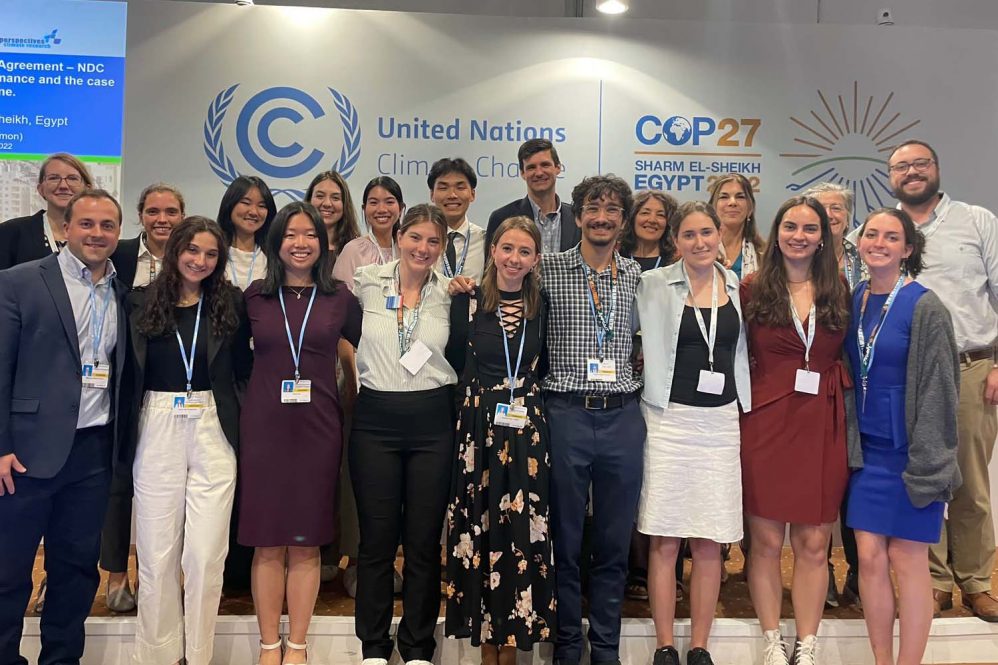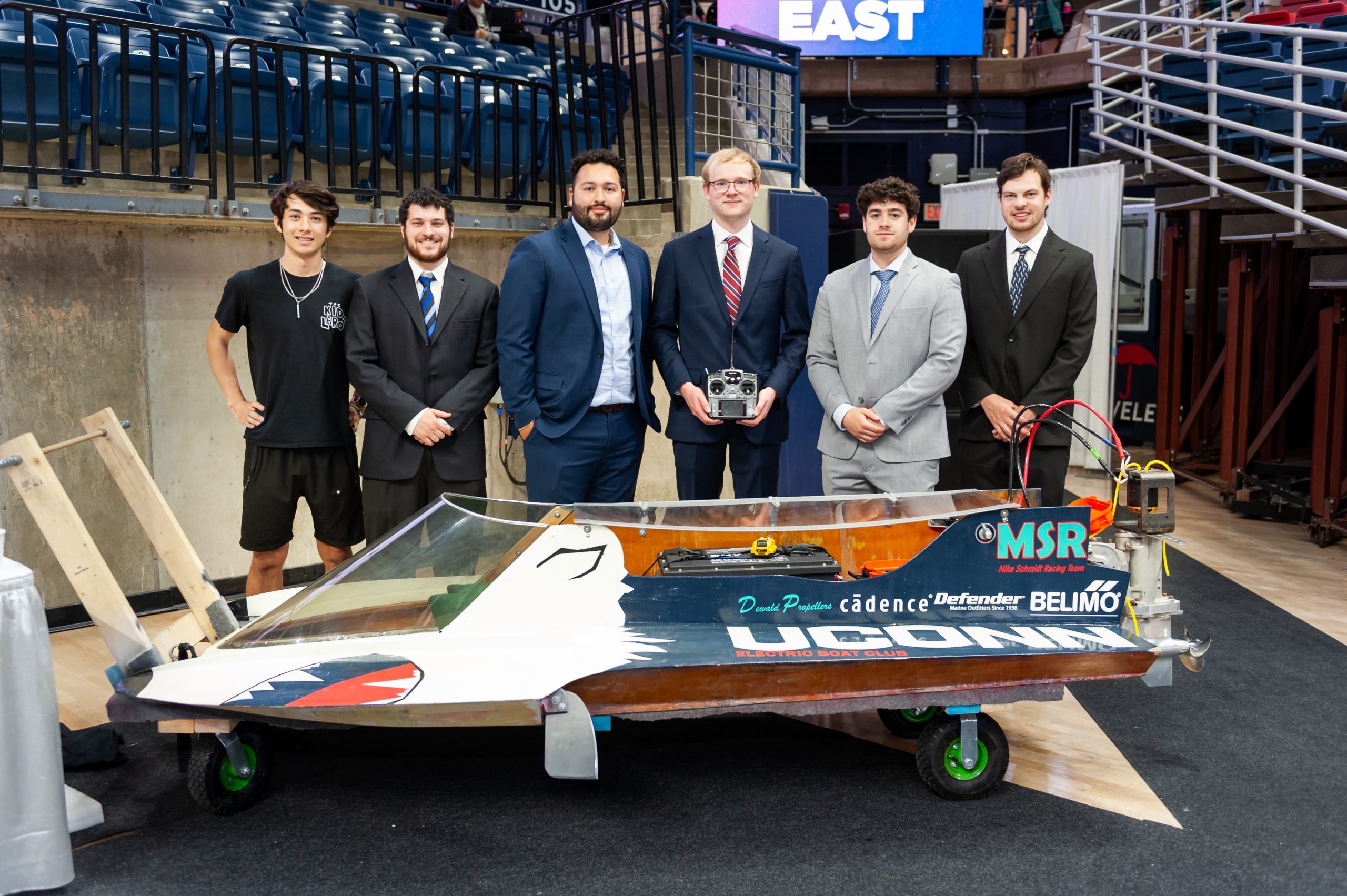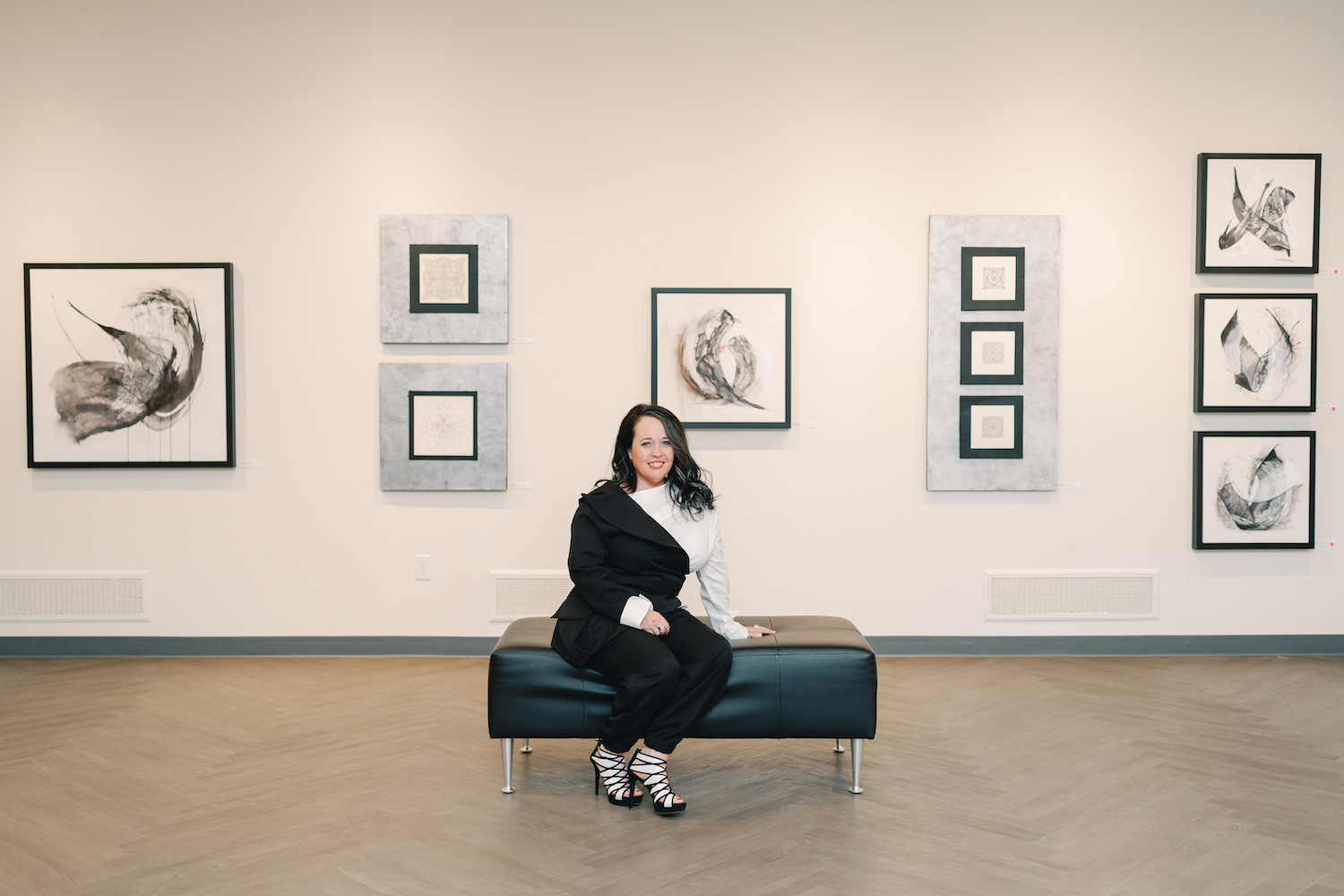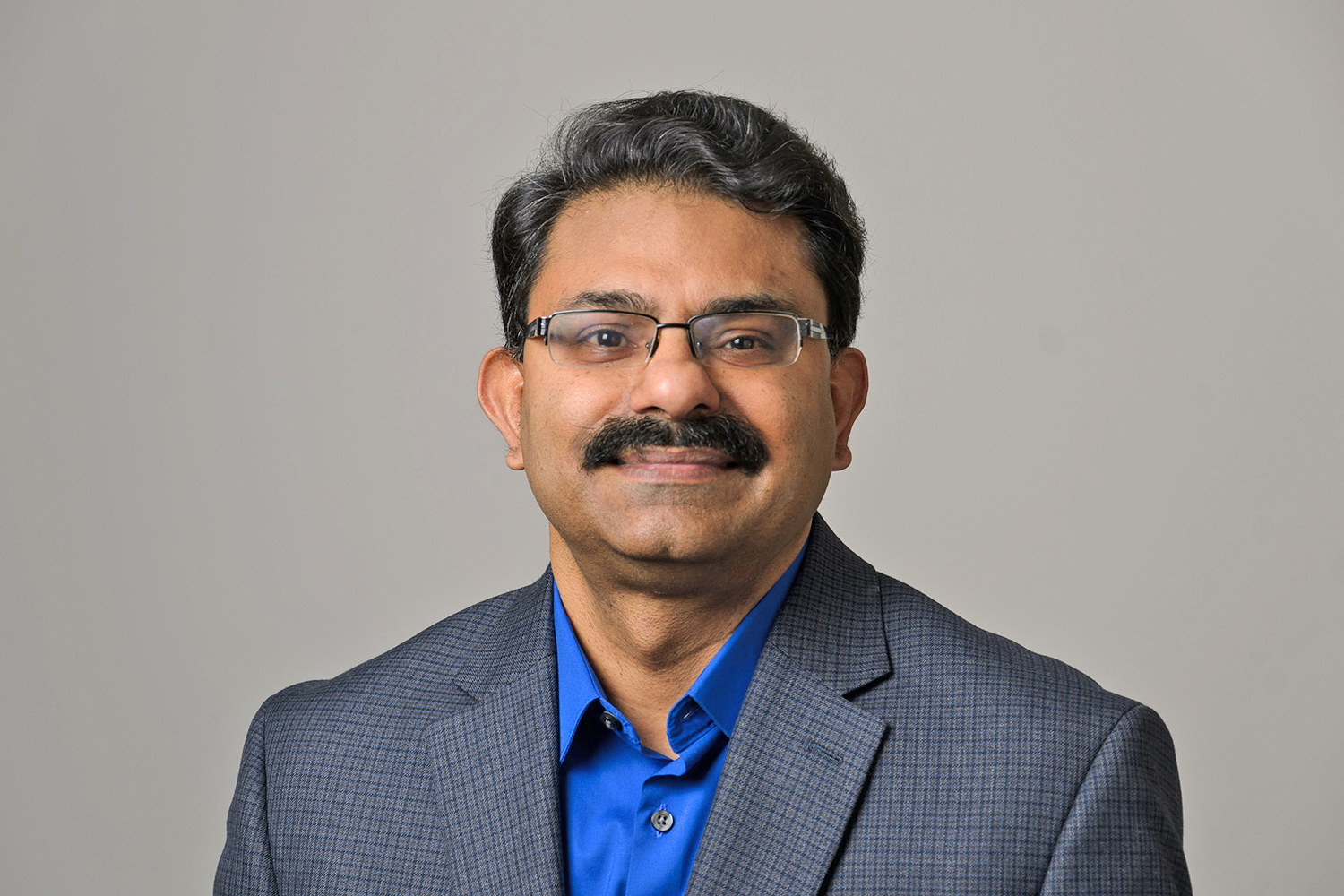This month, UConn sent 14 students to the 27th United Nations Conference of Parties Climate Conference (COP) taking place in Sharm El Sheikh, Egypt. The COP is an opportunity for world climate experts, activists, and leaders to meet and discuss measures to act in the face of the climate crisis. UConn COP27 fellows were asked to write about their initial impressions of this world event. To read excerpts from a selection of those blogs, see below. The full list can be found on the UConn Institute of the Environment Office of Sustainability website.
Inclusivity for LGBTQ+ at COP27
Samuel Kocurek ’23 (CLAS)
COP27 has been one of the most overwhelming yet formative experiences of my life thus far. Meeting some of the most influential activists, community organizers, and politicians has been humbling and enlightening.
However, I have noted a distinct lack of queer representation at COP27. Many (not all) panels show a diversity of gender, race, and background yet noticeably, there is no discussion about queer people existing in these spaces. I come from a Women’s, Gender, and Sexuality Studies background so I feel keenly aware of how LGBTQ+ people occupy spaces and feel comfortable expressing themselves in these spaces. To say I am disappointed is somewhat of an understatement. There is so much wisdom here at COP at the variety of panels and events which tells us that diversity strengthens humanity and climate resilience as a whole. So to see a whole group of people ignored and made invisible feels disenfranchising.
This is when I feel thankful to be a UConn student. This cohort of young undergraduates and graduates makes me feel hope when we begin each day with stimulating and engaging ‘Breakfast Talks’ where we discuss our thoughts and feelings about the conference. All the fellows come from a variety of backgrounds and throughout the day we all venture into different panels and learn a plethora of knowledge. During our morning ‘Breakfast Club’ I find the points of view expand my knowledge of COP27 and give me greater agency to squeeze every ounce out of the conference. I am excited about solutions day tomorrow. Climate activism can be heavy and discouraging so it is important to embrace these solutions and recognize that any change is a positive change.
We Can’t Hold Our Breath on Finance
Ben North MBA ’23
My experience at COP27 in Sharm El-Sheikh has been a whirlwind so far, often overwhelming at times in its scale and scope. The multitudes of people who traveled from every corner of the earth to share their stories of how their livelihoods are being impacted by climate change adds more gravity, reality, and clarity to the situation than ever before. On the bus ride back from the conference tonight, I sat next to a woman from the party delegation representing the pacific island nation of Vanuatu who told me of the stark impacts of climate change and associated sea level rise which have caused salt-water intrusion on their country’s water supplies, forced a school near the coastline to be abandoned, reduced agricultural productivity, and degraded coral reefs and fisheries. She told me that many other small pacific island nations are facing similar challenges that are expected to worsen.
These kinds of stories are ones I have heard repeatedly from voices around the world being shared here at COP27 in the three days we have been here so far. At the same time, seeing so many countries and citizens coming together in a united endeavor to address a common threat, even amidst global conflict and economic uncertainty, provides me with an upwelling of hope for the future.
These examples, of many I have encountered here, provide points of indication that the world financial system is continuing to shift in a monumental way to direct the flow of investment towards the development of decarbonized economies. However, it appears many are still holding their breath here, as a major point of discussion in the COP27 negotiations is to create global finance facility for loss and damage from climate impacts on underdeveloped countries which continues to remain on the table.
Challenging My Perspectives on Climate Action and What Climate Solutions Look Like
Jocelyn Phung ’23 (ENG)
Intellectually I am attempting to absorb as much information as I can on everything that I am interested in or know nothing about. It has been an emotional rollercoaster going from being overwhelmed by the breadth and depth of climate change, to realizing that heartbreak for the destruction of life on our planet is the reason we are drawn here (Professor Phoebe Godfrey said it best), to contemplating my role in climate action, and to gaining hope for our future from all the technology, knowledge, innovations, art, poetry, and passions showcased at the conference.
The first two days I was fascinated by all the new technologies, innovations and financial partnerships presented to mitigate and adapt to climate change. On the third day, however, I looked at all the information and narratives presented from a more critical lens. I reminded myself to be more critical of the solutions and data presented to me, of who is in the room and who is excluded, of who is represented, and of the interests behind narratives that are being pushed forward. From attending the Indigenous people’s panels and speaking to grassroot climate justice activists, I learned about false solutions and thought more critically about how many initiatives discussed at COP27 perpetuate green capitalism and reinforce the racist, sexist, imperialist and elitist structures that destroyed our beautiful planet in the first place. It was argued that if we continue with our existing systems, the root of the problem remains unsolved. I also learned about the significance of ancestral knowledge and Indigenous perspectives as climate solutions, and how they are largely ignored in mainstream discussions.



